
Understanding Mineral Supplementation in Equine Diets
Horses need a variety of minerals in their diet to support basic system function and overall health. Learn how to ensure your horse is receiving the minerals he needs.


Horses need a variety of minerals in their diet to support basic system function and overall health. Learn how to ensure your horse is receiving the minerals he needs.

An equine nutritionist answers a reader question about how her horse’s diet might play a role in his poor coat quality and hair loss.

When switching your horse to a forage-focused diet, first obtain a hay analysis and choose a ration balancer that fills the nutritional gaps.
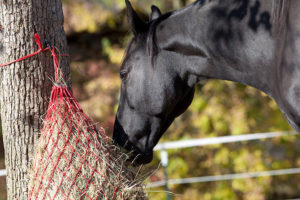
Sourcing lower energy hay and implementing slow-feeding strategies can help reduce your horse’s risk of becoming obese and developing metabolic problems.

Find out how much protein your horse’s diet provides and whether it comes from high-quality sources.
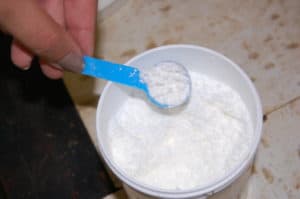
Horses with cellulitis need medical intervention from a veterinarian, but these efforts can be supported through a balanced diet. Here’s why.
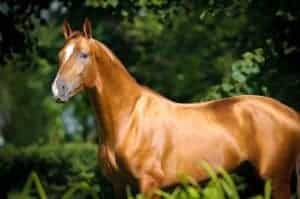
Before adding fat to your horse’s diet to improve his coat, be sure he’s on a balanced diet and that you’re grooming him regularly.
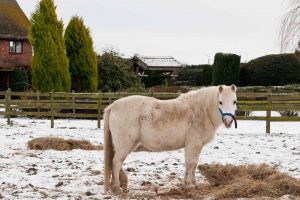
An equine nutritionist explains why you should consider your individual horse’s needs and forage source before choosing a ration balancer.
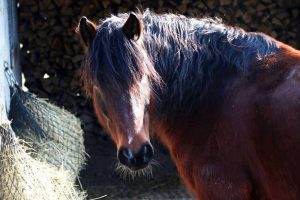
Learn why your horse might benefit from a slow hay feeder and how to choose the right one.

Horses need the essential nutrient vitamin E for proper muscle and cell function. Here’s how you can be sure you’re meeting their requirements.
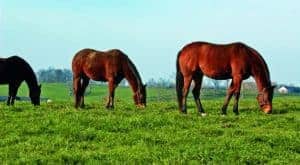
If your broodmare is overweight and/or has metabolic problems, her foal could be at risk. Here’s how you can keep both horses safe during pregnancy.
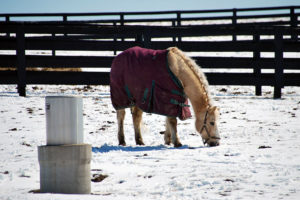
Appropriate hydration is vital to your horse’s normal bodily functions. Here’s what you can do to ensure he is drinking enough this winter.
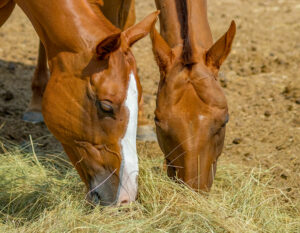
An equine nutritionist explains why NSCs, ESCs, and WSCs are important factors to consider when choosing hay for your EMS horse.

Although researchers have shown horses prefer untreated hay, it is safe for horses to eat hay treated with preservatives. An equine nutritionist explains why.

Understanding how these products work and what to look for on their labels can help you make the best decision for your horse.

An equine nutritionist explains why you should consult your veterinarian and test hay quality if your mule (or horse) has a hay belly.
Stay on top of the most recent Horse Health news with
© 2022 Copyright Statement dolor sit amet, consetetur sadipscing User Terms, sed diam nonumy eirmod tempor invidunt ut labore et dolore magna aliquyam erat, sed diam voluptua. At vero eos et accusam et justo duo dolores et ea rebum. Stet clita kasd gubergren, no sea takimata sanctus est Lorem ipsum dolor sit amet.